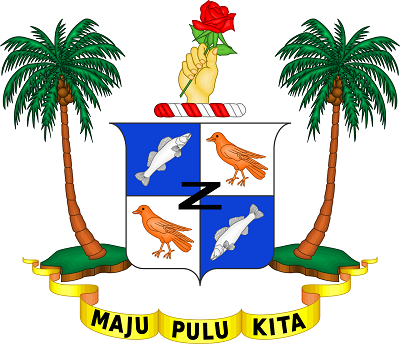
Schmidt & Schmidt offers the legalization of documents from the Cocos (Keeling) Islands by apostille.
As the external territory of Australia the Cocos Islands (Keeling) joined The Hague Convention of October 5, 1961 on the July 11, 1994. The convention for Australia entered into force on March 16, 1995. Laws and international legal instruments ratified by the Australian authorities extend to the Cocos Islands unless their legal validity is explicitly limited by a separate document. During its accession to the Hague Convention, Australia issued a special declaration extending the legal force of the Convention to all its territories. Therefore, no diplomatic authentication or consular legalization of documents from the Cocos Island is needed for successful legal communication with other member states of the Convention. The documents only need to be attested by an apostille certificate with an "apostille" stamp on it by the issuing state's authorities in order to be valid in the state of destination.
The apostille is a stamp of rectangular shape. It should be filled in in the official language of the issuing authority. The heading "Apostille (Convention de la Haye du 5 octobre 1961)" written in French is a necessary requirement for the apostille's validity.
Responsible for issuing an apostille on Cocos Islands is the Department of Foreign Affairs and Trade of Australia (passport office). On August 1, 2015, the right to certify documents with an apostille, in addition to the central and regional passport offices, was also delegated to the diplomatic missions of the Australian Union abroad. The authenticity of the apostille affixed since December 2015 can be checked by number using a special online service - on the website of the Department of Foreign Affairs and Trade.
Legalizing public documents from the Cocos Islands implies authenticating the origin of the document and the authority of the officials who have affixed the signature, seal or stamp on the document. After such verification, a special stamp - the apostille - is affixed to the public document or its certified copy. The apostille is usually placed on the back of the underlying public document or on a separate attached page.
The following documents can be authenticated by apostille:
- Certificates of civil status (certificates of birth, death, marriage and divorce)
- Education documents (school reports, certificates, diplomas)
- Trade register excerpts
- Court decisions
- Notarized copies of documents
- Notarized translations
- Further notarial documents (authorizations, last will, declarations)
- Commercial documents legalized by a state registration body (articles of incorporation, registration certificates, tax registrations etc.)
Requirements for the documents:
The apostille can be exclusively issued for the original document. Therefore, the underlying document must be presented in good condition, with all stamps and signatures clear and readable. Furthermore, it should not contain alien markings or labels.
Additional services
In addition to the legalization of your documents, we can provide you with high-quality translations.
On average, processing the documents takes up to 14 days.

























































